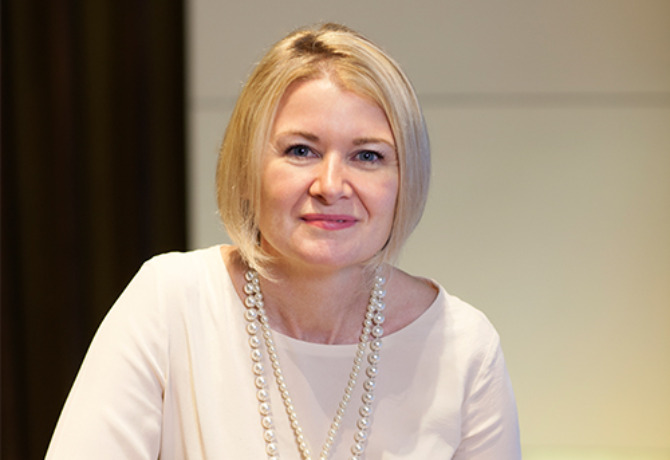As media becomes more specialised does the industry need to work harder to make sure its newest recruits can see the big picture? Helen Brown explains.
It’s very easy to romanticise the past. Wasn’t media great in the Sixties and Seventies – only two TV stations, some local radio and outdoor to plan for, long lunches, lots of shouting and testosterone?
Actually forget those last two, because not everything that happened decades ago was great. But at the same time, not everything was bad either.
Today, we may have more equal opportunities, better planning tools, and media may be recognised as adding real value for brands, but what we don’t always see is the broad perspective of our industry that used to exist.
As communication with consumers has become more divergent, and as agencies have become broader in their offering to manage this fragmentation, has our talent moved too far from being media generalists to channel specialists? And, if that’s the case, what can be done to combat the rise of the silo-ed specialist?
Some of today’s starters to our industry can move quickly into specialist roles such as programmatic or search, without being given the broad training that used to exist.
Simple days
In the days of a more simplified media landscape, media folk had a multitude of tasks. They worked across multiple channels and they always had an idea of the client’s overall goals, rather than simply optimising their channel.
Many of the people who started out in these general roles are now at the top of our industry. They are our direct connection with clients in all agencies right around the world. Their broad experience gives them the tools to have that conversation about integration and how media (in its widest form) can help brands deliver on their business goals.
But if the current generation specialise too early, do they risk not acquiring the same broad overview that is essential if they are ever to run agency offices or work alongside clients to ensure that all the bits of media’s now complex machine work in harmony?
“We need to make sure that the pipeline of future leaders, able to have those challenging but general conversations with clients, continues”
As an industry we need to make sure that the pipeline of future leaders, able to have those challenging but general conversations with clients, continues.
It’s worth noting that these issues tend to be more extreme in the bigger offices and the more mature markets, where teams are larger and there is scope and need for specialisation early on. Smaller agencies in less mature markets have the need for a more hands-on approach, where the same employee has to fulfil a number of functions and as a result gains a broader overview of the business.
Media owners like Google and Facebook often provide training which can be very much focused on niche tools that only educate media agency employees on how to use their own platforms.
Job swapping
It’s long been known that organisations such as IBM and Proctor & Gamble require their employees to move to completely different divisions of the business, as swapping jobs ensures their staff are more empathetic to each other and sends a clear signal that a career path towards the top requires product, consumer, and geographic leadership.
That model is also being followed at MediaCom, where the most common route for a successful global client lead or future CEO requires that they have client account leadership including new business and geographic responsibility, preferably with one relocation under their belt where the employee has lived and worked in a different market.
More and more we recognise that our client leaders and CEOs need to perform the role of an “orchestrator” to manage and get the best for the brand, not just the media channel.
“Our client leaders and CEOs need to perform the role of an ‘orchestrator’ to manage and get the best for the brand”
As an industry we need to ensure that we start building such wisdom early and embed it in the recruitment, organisation structure and training practices.
MediaCom UK set up its apprentice scheme to bring school leavers into the business, which was designed to ensure they rotated through the departments. This not only helped them identify where they could best add value and enjoy their work but also allowed them to see how the pieces of the jigsaw fit together. We do the same with our graduate recruits in many of our markets but such programmes are only the beginning.
Later this year, MediaCom will be launching a new City & Guilds accredited programme, covering the full gamut of paid, owned and earned channel and brand communications. Alongside existing media training, it’ll help reinforce the importance of understanding the wider picture of the media business, creating a more system-thinker approach that is essential for clients looking to their media agency to orchestrate effective holistic solutions in a media fragmented world.








